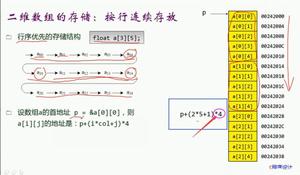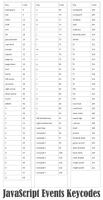C ++代码用k位计算幸运数字的数量
假设我们有一个包含 n 个元素的数组 A,还有另一个数字 x。我们知道幸运数字是正数,其十进制表示仅包含幸运数字 4 和 7。形成给定的 n 个正整数。我们必须计算其中有多少幸运数字不超过k?
所以,如果输入像 A = [44, 74, 474, 154]; k = 2,则输出为 3,因为有 44、74 和 474 三个幸运数字,但 474 有三个幸运数字,大于 k。154 也有一个幸运数字,这是可以接受的。
脚步
为了解决这个问题,我们将遵循以下步骤 -
n := size of Af := 0
for initialize i := 0, when i < n, update (increase i by 1), do:
c := 0
while A[i] is not equal to 0, do:
if A[i] mod 10 is same as 4 or A[i] mod 10 is same as 7, then:
(increase c by 1)
A[i] := A[i] / 10
if c <= k, then:
(increase f by 1)
return f
示例
让我们看看以下实现以更好地理解 -
#include<bits/stdc++.h>using namespace std;
int solve(vector<int> A, int k){
int n = A.size();
int f = 0;
for (int i = 0; i < n; ++i){
int c = 0;
while (A[i] != 0){
if (A[i] % 10 == 4 || A[i] % 10 == 7)
c++;
A[i] /= 10;
}
if (c <= k)
f++;
}
return f;
}
int main(){
vector<int> A = {44, 74, 474, 154};
int k = 2;
cout << solve(A, k) << endl;
}
输入
{44, 74, 474, 154}, 2输出结果3
以上是 C ++代码用k位计算幸运数字的数量 的全部内容, 来源链接: utcz.com/z/297463.html






